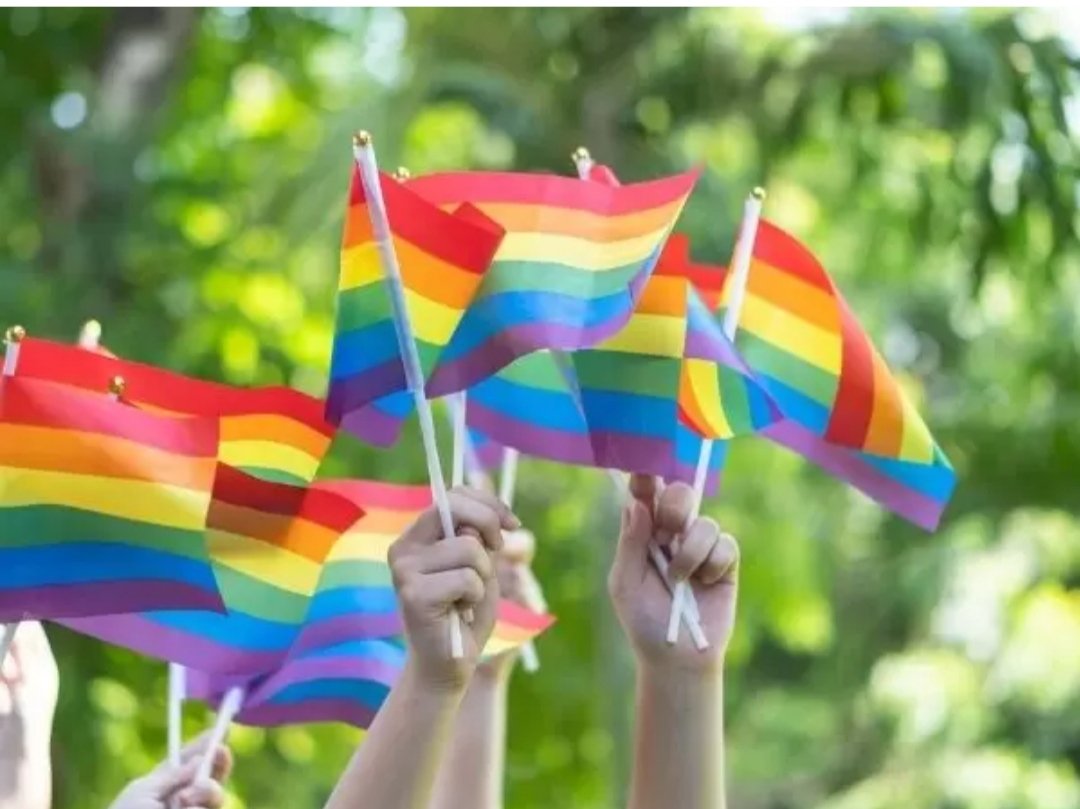Keypoints:
- This order came on a petition filed by two women who had approached the court seeking protection from their families opposing their relationship.
- Comprehensive measures were suggested by the court in order to sensitise the society and various branches of the State including Police and judiciary to remove prejudices against LGBTQIA+ community.
On Monday, Madras High Court banned attempts to “cure” the gender identity or sexual orientation of people as part of a sweeping set of orders to sensitise state agencies and the central government and protect the rights of LGBTQIA+ communities. This order came on a petition filed by two women who had approached the court seeking protection from their families opposing their relationship. Opportunity was taken by the court issuing orders to police, prison, health, judicial and education authorities with justice N. Anand Venkatesh undergoing counselling to better acquaint himself with LGBTQIA (lesbian, gay, bisexual, transgender, queer, intersex and asexual) issues.
“I strongly feel that the change must take place at a societal level and when it is complemented by a law there will be a remarkable change in the outlook of the society by recognising same-sex relationships,” said the judge in the 107-page order.
This order comes approximately three years after the Supreme Court had decriminalised adult consensual same-sex relationships and seven years after it affirmed the rights of transgender people. As of now, Delhi and Kerala high courts are hearing petitions in order to legalise same-sex marriage.
The petitioners were aged 20 and 22, who had fled their parents’ homes in Madurai district after falling in love. Missing persons’ complaints was filed by their parents and two First Information Reports (FIRs) were registered against the women, after which the police interrogated them at their place of residence. This made the women move the court seeking protection from harassment by their parents and the police. In March, the court had ordered police protection for them and had further asked that the women and their parents undergo counselling sessions under the guidance of Vidya Dinakaran, a Chennai-based psychotherapist.
Monday’s order stated that while the petitioners were very clear about their decision, the parents felt “great amount of shame, fear, and social disdain upon them because of their daughter’s homosexual relationship.”
“I have no hesitation in accepting that I too belong to the majority of commoners who are yet to comprehend homosexuality completely. Ignorance is no justification for normalizing any form of discrimination,” he said.
The petitioner declined to give out his name for safety reasons, but said that, “The judgment is a turning point in our lives…we finally feel safe.”
“The highlight of the judgement is the openness and transparency. It reinforces the fact that discriminatory practices of any nature can no longer hide under the cover of misunderstanding or ignorance. Given that destigmatisation has only begun, many queer people have started stepping out of their families in search of support and that is where the interim guidelines play an enormous role, addressing all the stakeholders in creating an inclusive and safe environment,” Dinakaran said.
Interim directions of the court included asking police to close complaints without harassing trans persons, judicial authorities to provide free legal aid, health professionals to help the community and educational institutions to appoint queer counsellors and make easy procedures to change names and genders. It also asked state agencies including the state’s school education and law departments as well as central agencies such as the Department of Higher Education, University Grants Commission and Union ministries of health and family welfare and women and child development to report to it by August 31 on steps taken to sensitise society and institute measures, including gender-neutral restrooms, change in curricula, awareness campaigns and removing prejudices.
To ensure police, judiciary, educational institutions, parents and health workers are sensitised, the court also ordered mental health camps and awareness programmes.
“I think we have turned a corner in the fight for equal rights. This judgment will be cited in the future to affirm the rights of the community,” said Manuraj S, lawyer for the two petitioners.
“The criminal justice system is regularly deployed against queer couples who have to deal with deep rooted prejudice on an everyday basis. For the scores of individuals being investigated by the police at the behest of their families this is a major breakthrough,” said Mihir Samson, a Delhi-based advocate who has also represented queer couples facing familial violence.
Further, the court asked the Union ministry of social justice and empowerment to publish a list of non governmental organisations (NGOs) which work with the community ensuring counselling, monetary support, legal assistance or coordination with law enforcement agencies about offences committed against any community member.
“LGBTQIA+ persons, like cis persons, are entitled to their privacy and have a right to lead a dignified existence, which includes their choice of sexual orientation, gender identity, gender presentation, gender expression and choice of partner thereof,” the court said.
The judge also spoke to community activists “to understand ground realities, emotions, social discrimination and exclusion faced by the community”.
“As LGBTQIA+ persons, we are used to receiving absolute ignorance and a refusal to learn, especially by the pillars of democracy. It is hard to come across individuals as humble as justice Venkatesh, a gentleman willing to let go of every preconceived notion and wipe his slate clean. The verdict paves the way to secure the rights of LGBTQIA+ persons,” said doctor Trinetra Haldar Gummaraju, who interacted with the judge.
Supreme Court had made two landmark judgements which were referred in the that pertained to the rights of the LGBTQIA community.

